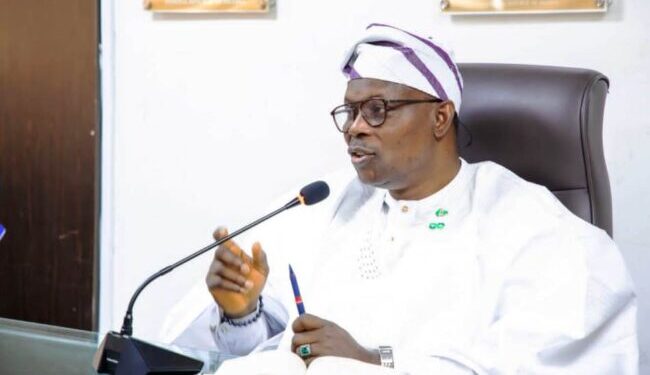THE Federal Government has raised concerns as Nigeria has the highest usage rates of skin-lightening products globally, with a staggering 77 percent of Nigerian women using these products.
It also warned on the dangers of skin bleaching, calling it a public health problem that requires urgent attention.
Speaking at a regional awareness-raising workshop in Libreville, Gabon, the Minister of State for Health and Social Welfare, Dr Iziaq Salako, while citing the World Health Organisation’s report, disclosed that Nigeria has the highest usage rates of skin-lightening products globally.
He also quoted Nigeria Opinion Institute (NOIPolls), a leading public opinion polling organisation in Nigeria, which provided insights into public opinion and consumer markets and found that 64 percent of Nigerians believe skin bleaching is highly prevalent.
“NOIPolls with 97 percent believing it is common among Nigerian women. Studies among university students found a prevalence of between 62.4 and 64.9 percent.
The awareness of skin bleaching (SB) is high at over 76 percent, with close to 40 percent believing that it makes one look beautiful and fashionable.
The minister further noted that the widespread use of skin-lightening products in Nigeria is driven by deep-rooted societal pressures and perceptions that link lighter skin to beauty, success, and social mobility.
He, however, said, these products contain harmful substances like mercury, hydroquinone and steroids, which pose serious health risks, including skin damage, organ toxicity and cancer.
He said Nigerian government has taken proactive steps to address the issue, including the development of regulations to prohibit the use of harmful skin-bleaching agents and restrict the concentration of hydroquinone in cosmetic products.
“The government has also launched public sensitisation campaigns to educate citizens about the dangers of skin bleaching and promote the use of safe cosmetic products.”
Salako stressed the need for a multi-disciplinary approach to address the complex issue of skin bleaching, involving dermatologists, environmental epidemiologists, and community health specialists.
“Despite the well-documented harmful effects, the use of skin bleaching products like creams, ointments, soap, pills and injections is common among non-white populations throughout the world.
“It is particularly widespread in Africa, especially among women and has been described by the WHO as a public health problem requiring urgent action.
“I must say that not only are men also using SLP, men also tend to put pressure on women directly or indirectly to lighten their skin and therefore, our campaigns must not exclude the men folks,” said the minister.
He also called on African governments to reinvigorate the cultural movement of ‘black is beautiful’ to promote Afrocentric appreciation and challenge the pervasive Eurocentric beauty standards that drive the demand for skin-lightening products.
READ ALSO: Bleaching creams cause kidney disease, cancer — NAFDAC
